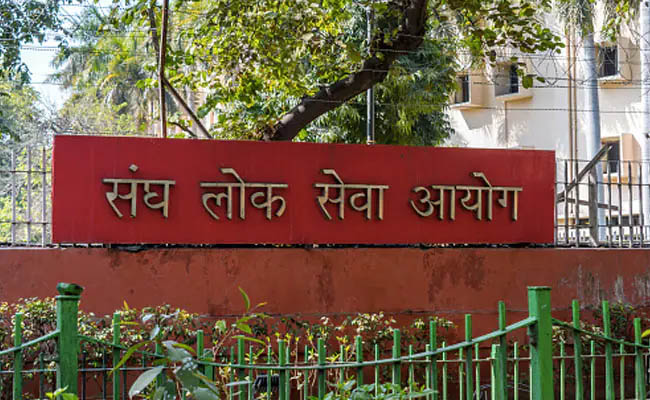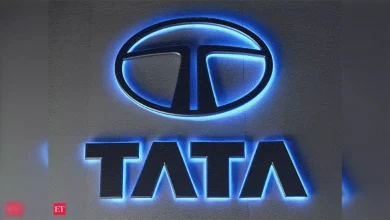
India: The Union Public Service Commission (UPSC) has announced 45 vacancies for lateral entry positions at the level of joint secretary, director and deputy secretary. These positions are open for application till September 17, 2024 and are aimed at bringing in professionals with specialised expertise to enhance the effectiveness of government operations. Of the advertised positions, 10 are for joint secretary roles, including key positions such as joint secretary (digital economy, fintech and cybersecurity) in the Ministry of Finance, joint secretary (policy and planning) in the National Disaster Management Authority under the Ministry of Home Affairs, and joint secretary (investment) in the Ministry of Finance. These roles are crucial in shaping policies and strategies in their respective fields, requiring candidates with significant experience and knowledge. The positions of director and deputy secretaries include specialised roles focusing on natural farming, organic farming and water management in the Ministry of Agriculture.
Additionally, the Ministry of Information and Broadcasting is looking for experts for digital media, while the Ministry of Heavy Industries is looking for professionals to lead Advanced Chemical Cell (ACC) battery manufacturing for the automobile sector. The eligibility for these posts is strictly defined. For Joint Secretary posts, applicants must have at least 15 years of relevant experience and be between 40 and 55 years of age. The gross salary for a lateral entry Joint Secretary is around Rs 2.32 lakh per month. Director candidates need at least 10 years of experience, with the age limit being 35 to 45 years, while Deputy Secretary candidates need at least 7 years of experience, with the age limit being 32 to 40 years. The UPSC has specified that these posts are not open to current Central Government employees. The lateral entry initiative targets professionals from diverse sectors, including the private sector, state governments, autonomous bodies, public sector undertakings, and international organisations, who can bring valuable expertise to the government system.





